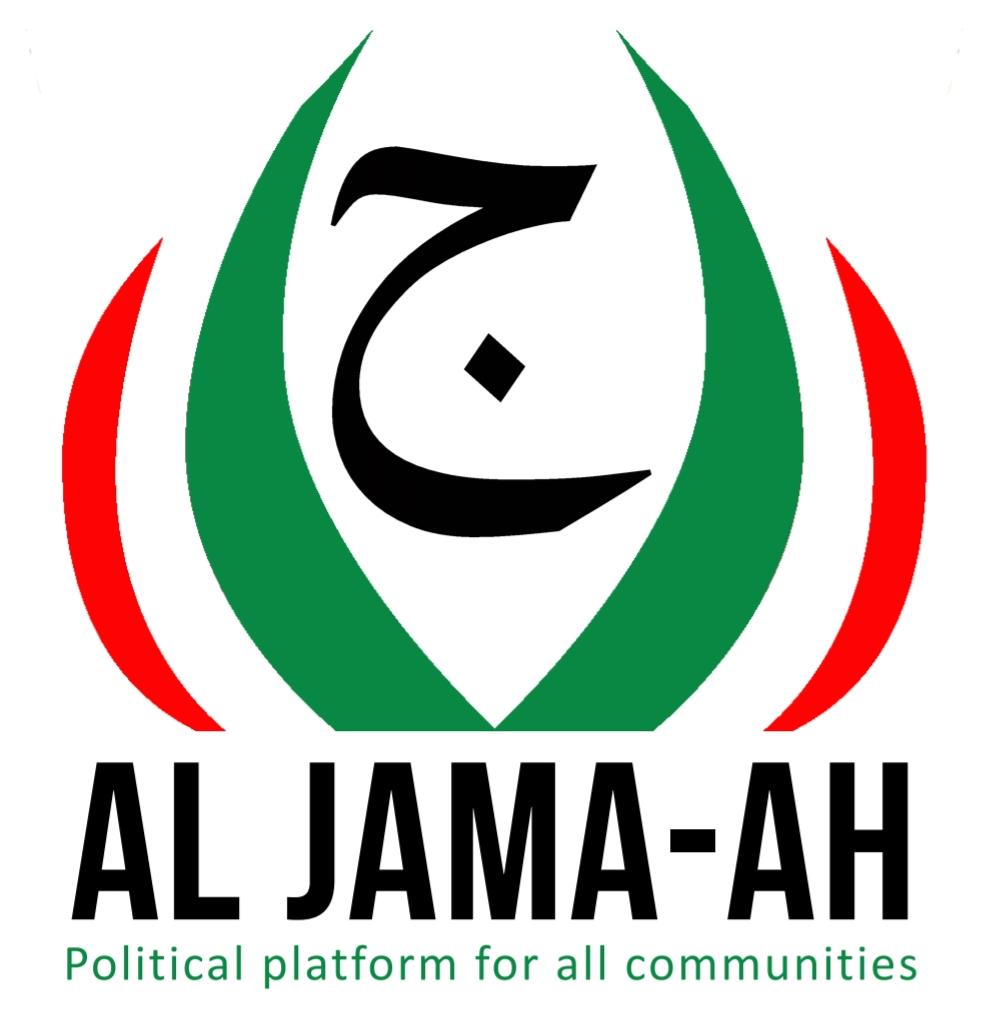“Wathint’ abafazi, Wathint’ iMbokodo!” (You strike a woman, You strike a rock).
This strong warning was echoed by more than 20 000 women who marched on 9 August 1956 to the Union Buildings in Pretoria. It was a cry for the dignity of African women who were forced to carry the ‘dompass’ which regulated and controlled their lives – it was a discriminatory act to oppress black women.
The protest was supported by mothers, daughters, sisters, and friends who believed in justice for all who decided that such a despicable law must be dealt with against all odds. These women came together to bring about change and their actions outside the Union Buildings displayed a powerful act of unity.
Today, many of the generations of these mothers, daughters, sisters and friends who were part of that powerful march, find themselves trapped in other forms of oppression and discrimination; the oppression of being trapped in gang-infested environments; Gender-Based Violence; unemployment, and poverty.
The continuous discrimination of Muslim women whose Nikah marriages are still not recognised by a government whom many of them sacrificed their lives or loved ones for a fully democratic and just society. Muslim women were part of this historic march and of the broader liberation struggle in South Africa. It is thus ironic that only sixty-six years later following several struggles for the recognition of the Nikah (Muslim Marriage) to restore the Muslims can finally celebrate the Constitutional Court Judgement’s ruling for the Nikah’s recognition. This will afford Muslim women their rights to claim inheritance, maintenance for children born from the marriage, and other matters which might occur during a marital dispute, and in a post-marriage context.
While Member of Parliament Hon Ganief Hendricks who serves as an alternative Member on the Portfolio Committees on Justice and Home Affairs used the parliamentary platform by submitting a Private Members Bill (PMB) on Muslim Marriages, the Women’s Legal Centre gained socio-legal support through the Constitutional Court’s findings.
Both pathways have brought glimmers of hope to our democratic society’s Muslim women. Through their efforts, especially the WLC caused and coerced the Constitutional Court to weigh the issues carefully and act fairly to not only legally rectify the Muslim women’s rights but to basically return, reinstate, and restore their (lost) dignity.
For decades – if not centuries, their rights have been socially crushed and legally disregarded. It is very sad to observe that even the current South African democratic legal system, despite some positive changes, has snubbed and marginalised this segment of a changing society by dragging its feet using all sorts of legal arguments to defend their position in not having been socially and politically pro-active; because of their slow bureaucratic moves, South Africa’s Muslim women have not been viewed as equals; this is unlike other women in South Africa.
It is for this reason that WLC and AL Jama-ah made positive and timely interventions. One encourages the government to, in principle, publicly declare that Muslim marriages are forthwith recognised (using the Al Jama-ah’s Bill as its key minimalist legal document). As soon as this declaration is announced and publicised, it would relieve all Muslim women from the challenges they endured socially and legally.
Hon Hendricks submitted a second PMB on amendments to the Maintenance Act. The proposed amendments were made at a Women’s Day webinar two years ago when community activists and social workers pointed out several clauses of pointed out several clauses of discrepancies that disadvantaged women and children.
This year, National Women’s Day coincides with Muharram (Islamic New Year). For this occasion, a luncheon will be hosted by Hon Hendricks in Zandvlei in Macassar, the birthplace of Islam in South Africa more than 350 years ago. Sheikh Yusuf al Macassari al Khalwati al Bantani, who is viewed as the founder of Islam in South Africa and acknowledged as the spiritual leader from Indonesia, was banished to the Cape’s Macassar by the Dutch colonialists.
At this luncheon, two great South African struggle icons will be honoured; this is for their role in the anti-apartheid struggle and post-apartheid South Africa. Tribute will be paid to the late Yasmine Jessie Duarte (the ANC’s deputy secretary general) and the great struggle poet, Mohammed Omaruddin Don Mattera; both passed on recently.
Duarte played a big role in assisting Hon Hendricks by opening the path for the ruling party to discuss, among others, the recognition of Muslim marriages. Mattera was not only an inspiration to Hon Hendricks and his generation but an inspirational figure for the youth through his poetry and other work. Duarte and Mattera fought for the freedoms that Muslim women enjoy today; more must, however, be done to restore their full dignity. In this regard, the actual approval of Al Jama-ah’s Muslim Marriages Bill (MMB) should, when formally registered, be considered a panacea in doing that.
For more information visit www.aljama.co.za or send an email to [email protected]


